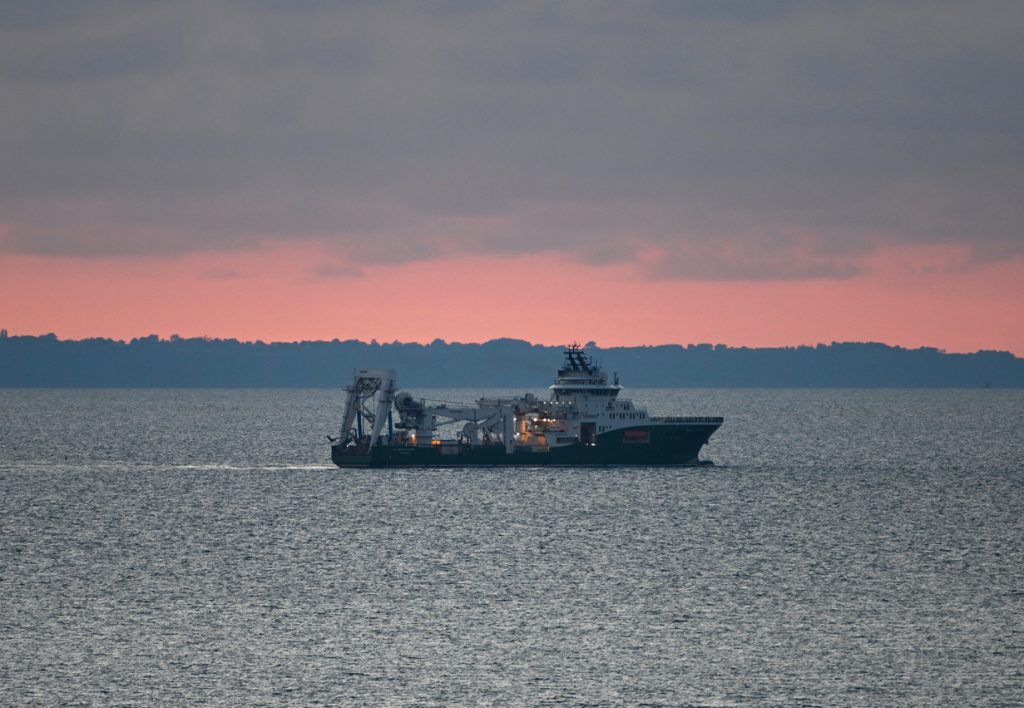Subsea optical fiber cables are important for several reasons:
- Global Connectivity: Subsea optical fiber cables form the backbone of global communication networks, connecting continents and enabling the transmission of vast amounts of data across oceans. They facilitate international telecommunications, internet access, and data exchange between countries and regions.
- High-Speed Data Transmission: Optical fiber cables use light signals to transmit data, offering significantly higher bandwidth and faster data transmission speeds compared to traditional copper cables. This enables high-speed internet access, real-time communication, and seamless transfer of large files and multimedia content across long distances.
- Reliability and Resilience: Subsea optical fiber cables are designed to withstand harsh underwater conditions, including extreme temperatures, pressure, and marine activity. They are engineered with protective layers and materials to ensure reliability and resilience against damage from natural disasters, ship anchors, and marine life.
- Global Economic Development: Subsea cables play a crucial role in supporting global economic development by facilitating international trade, commerce, and investment. They enable businesses to access global markets, collaborate with partners and customers worldwide, and leverage digital technologies for innovation and growth.
- Telecommunications Infrastructure: Subsea optical fiber cables serve as a critical component of the telecommunications infrastructure, providing the connectivity needed for voice calls, video conferencing, messaging services, and other communication applications. They support the expansion of telecommunication networks in underserved areas and contribute to bridging the digital divide.
- Cloud Computing and Data Centers: Subsea cables are essential for connecting data centers located in different regions and continents, enabling cloud computing services, online storage, and data backups. They facilitate the efficient transfer of data between data centers, improving latency and performance for cloud-based applications and services.
- International Collaboration and Research: Subsea cables support international collaboration in scientific research, education, and academic exchanges by enabling high-speed data transfer between research institutions and universities worldwide. They facilitate the sharing of research data, academic resources, and collaboration on joint projects and initiatives.
Overall, subsea optical fiber cables are crucial for powering the global digital economy, enabling seamless connectivity, communication, and data exchange on a global scale. They are essential infrastructure for supporting the growth of businesses, driving innovation, and fostering international cooperation and development.

